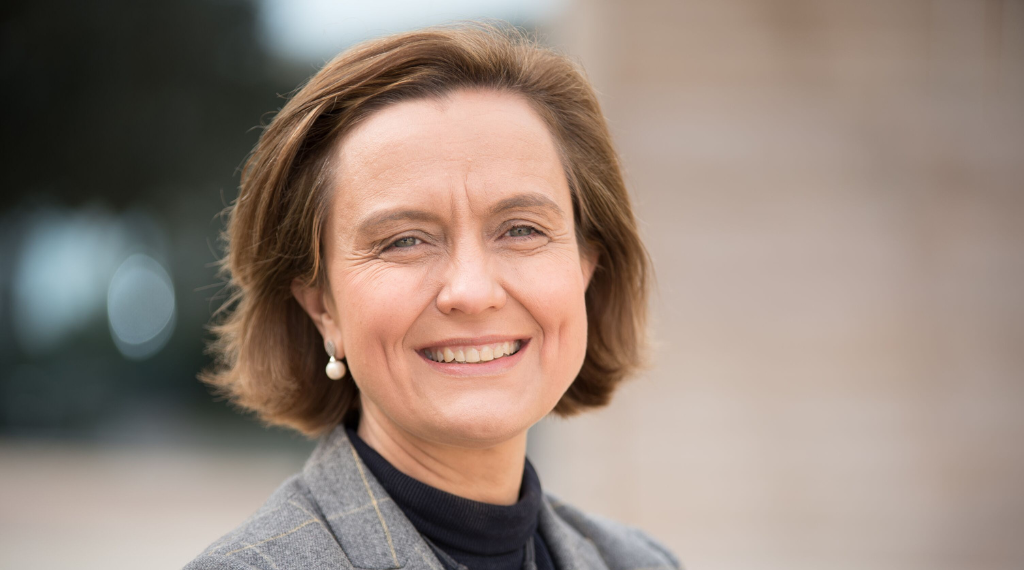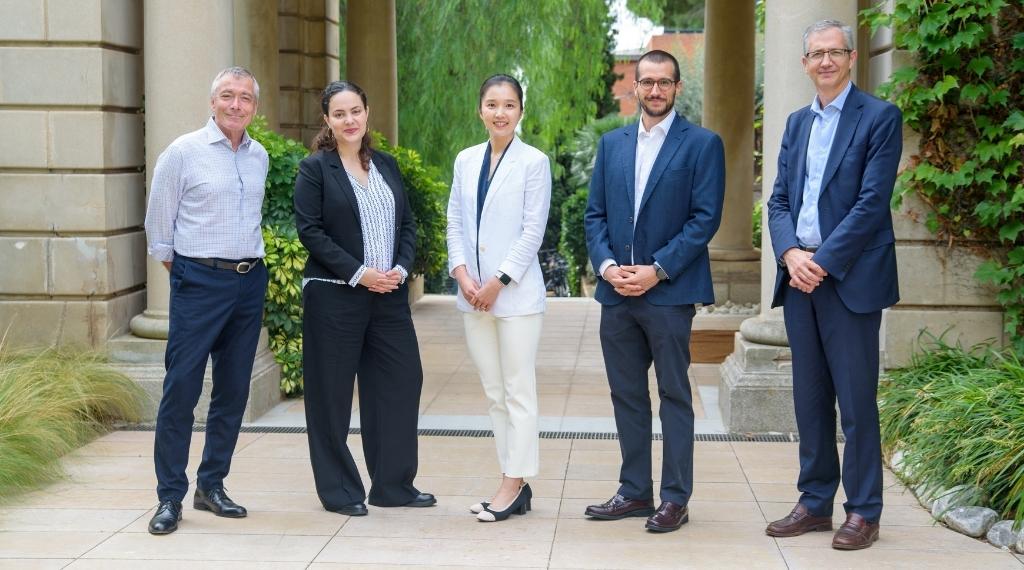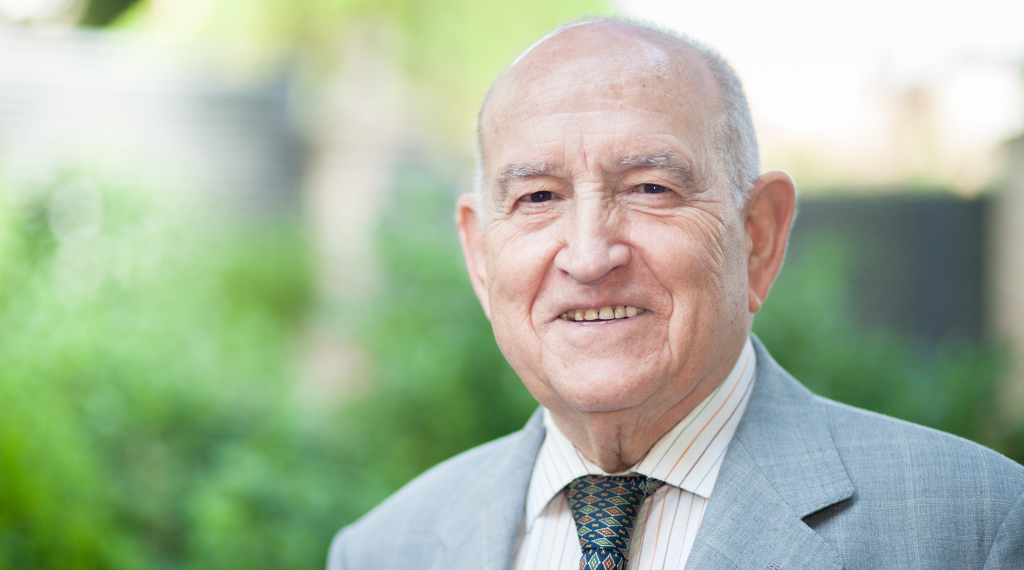Stories
IESE’s research published in world’s leading academic journals
17 professors receive 2020-2021 Research Excellence Awards
The professors published 43 papers in 20 journals under the awards’ guidelines.
photo: quim roser
March 3, 2021

IESE’s Research Excellence Awards, created to encourage increasingly relevant and rigorous research, have been given to 17 professors for publishing two or more articles in the world’s leading academic publications.
IESE’s Research Excellence Awards recognize full-time faculty members who published at least two articles in the world’s top (A+) academic journals during the previous four consecutive academic years.
This year — the awards’ second year — the list of recipients grew to 17: professors Marc Badia, Miguel Duro, Christian Eufinger, Fabrizio Ferraro, Roberto García-Castro, Massimo Maoret, Victor Martínez de Albéniz, Manuel Mueller-Frank, Gaizka Ormazábal, Sebastian Reiche, Sampsa Samila, Alvaro San Martín, Antonino Vaccaro, Giovanni Valentini, Xavier Vives, Weiming Zhu and Christoph Zott.
The professors published 43 papers in 20 journals under the awards’ guidelines.
At an online ceremony held March 2, Dean Franz Heukamp and Martínez de Albéniz, who is also Director of the Research Division, spoke about the importance of fostering rigorous and relevant research as well as sharing it with IESE’s communities and beyond. Recipients Miguel Duro and Sebastian Reiche then shared some of their high-impact work.
Duro (Accounting and Control) spoke about his investigations into transparency, which ask the question: “Is sunlight really the best disinfectant?” The short answer is yes, but not for everyone.
That response is based on three of Duro’s papers published in the Journal of Accounting Research, The Accounting Review, and the Review of Accounting Studies. Those papers discussed:
- disclosure regulations in Europe’s M&A market (“Disclosure Regulation and Corporate Acquisitions” coauthored with Pietro Bonetti and Gaizka Ormazábal);
- “proved reserves” disclosures for the oil & gas industry in the U.S. and Canada (“The Informational Effects of Tightening Oil and Gas Disclosure Rules” with Marc Badia and Gaizka Ormazábal);
- the oversight of publicly traded companies in the U.S. (“The Effect of Enforcement Transparency: Evidence from SEC Comment-Letter Reviews” with Gaizka Ormazábal).
Reiche (Managing People in Organizations) spoke about his recent empirical work on the surprising power of “downward deference” for global leaders.
While most talk of deference comes from below (i.e., employee to leader), Reiche’s study looks from above, from the C-suite, and finds that deferring to colleagues lower in the organizational hierarchy is an especially effective tactic for leading and learning in a new cultural context.
His paper, “How Global Leaders Advance Organizational Goals: The Power of Downward Deference,” is forthcoming in the Academy of Management Journal.


